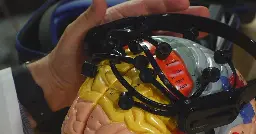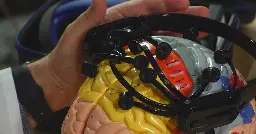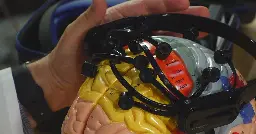As mind-reading technology improves, Colorado passes first-in-nation law to protect privacy of our thoughts
As mind-reading technology improves, Colorado passes first-in-nation law to protect privacy of our thoughts

The first-in-the-nation law in Colorado includes biological or brain data in the State Privacy Act, similar to fingerprints if the data is being used to identify people.



